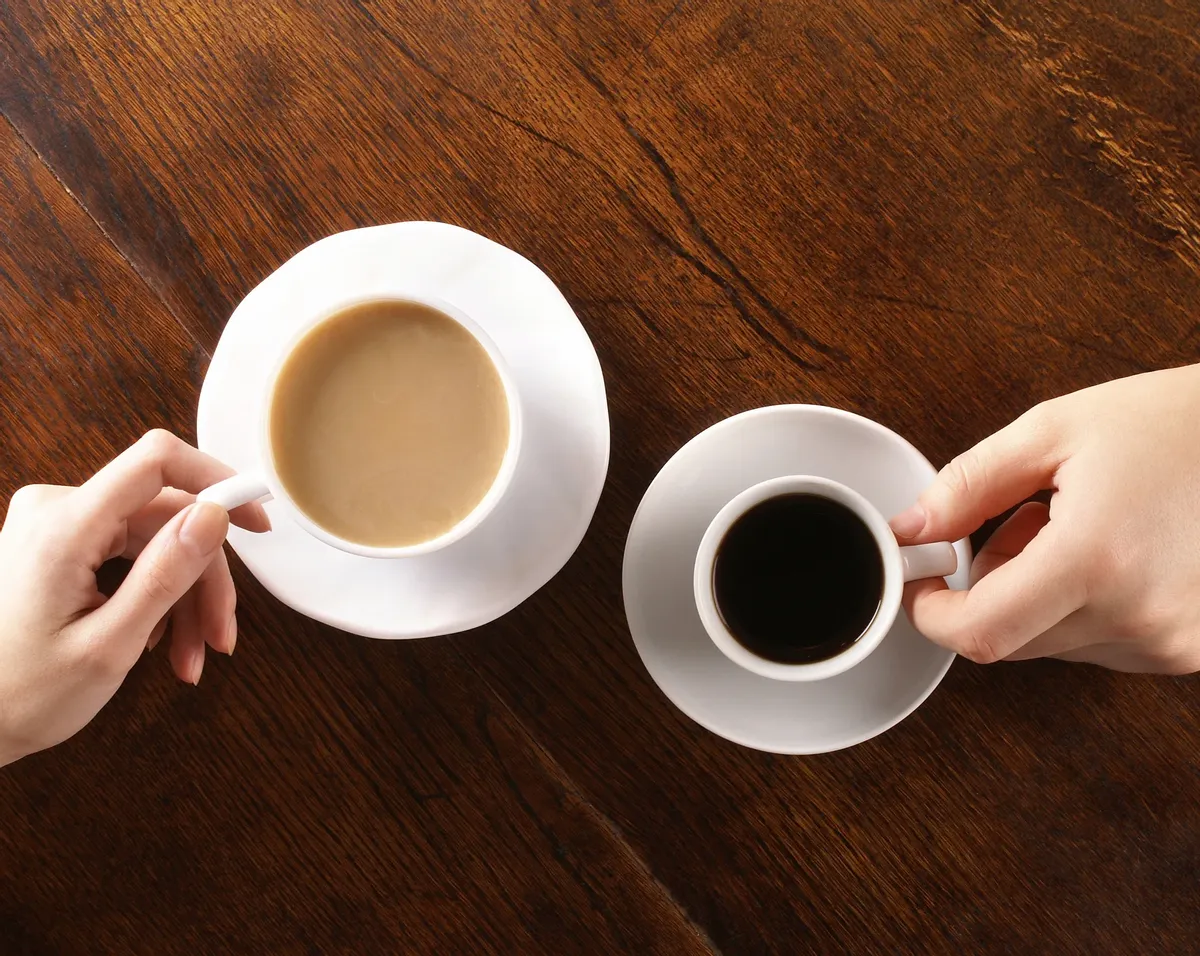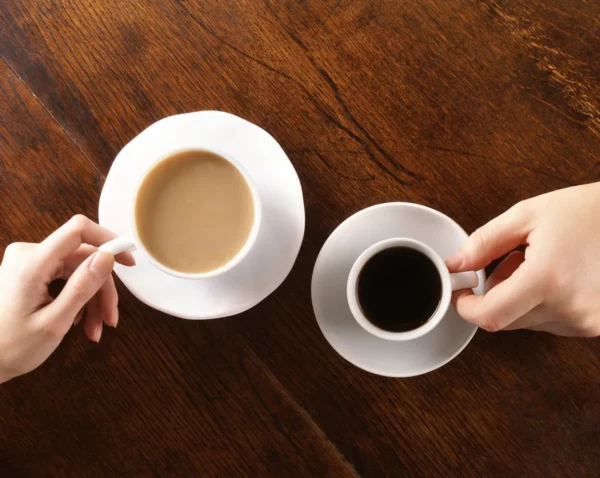
When it comes to the world of beverages, coffee and tea reign supreme as the most popular choices worldwide. While they might share the spotlight, they come from entirely different plants and have unique preparation methods. Let’s dive deeper into the fascinating distinctions between these beloved drinks and clarify why coffee is not technically a tea.
Source Plants
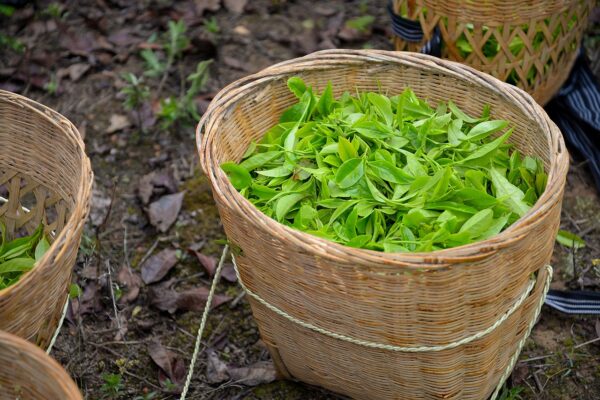
- Tea: Tea is derived from the leaves of the Camellia sinensis plant. This versatile plant gives us a variety of teas such as black, green, white, and oolong. The differences in these teas arise from the various processing methods applied to the leaves of the Camellia sinensis.
- Coffee: Coffee, on the other hand, comes from the seeds of the Coffea plant. These seeds, often called beans, are harvested, roasted, and then ground to produce the coffee beverage we know and love.
Preparation Methods
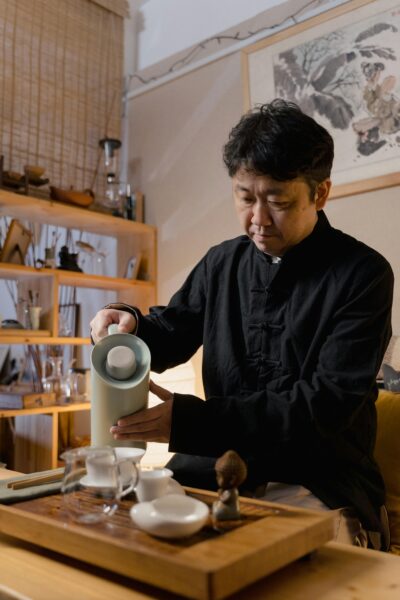
- Tea: Preparing tea typically involves steeping the processed leaves in hot water. This process allows the flavors and beneficial compounds of the tea leaves to infuse into the water, creating a soothing and aromatic drink.
- Coffee: Coffee preparation involves brewing ground coffee beans with hot water. This method extracts the rich flavors and invigorating compounds from the beans, resulting in a bold and aromatic cup of coffee.
Chemical Composition
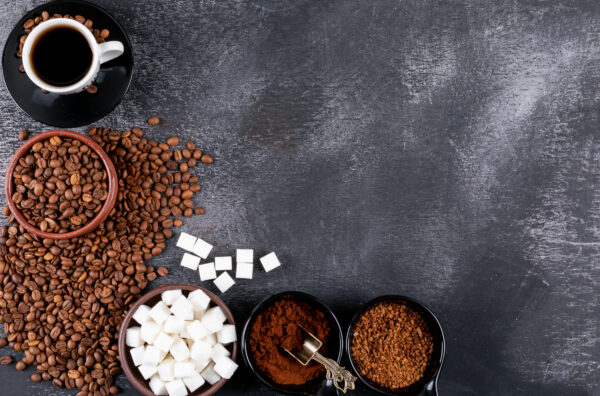
While both tea and coffee contain caffeine, their chemical compositions are quite different:
- Tea: Tea contains various antioxidants, including catechins and flavonoids, which contribute to its health benefits. The specific types and amounts of these compounds can vary depending on the type of tea and its processing method.
- Coffee: Coffee is rich in antioxidants as well, particularly chlorogenic acids. It also contains different types of acids and oils that contribute to its unique flavor profile and potential health benefits.
The Verdict

In summary, coffee and tea are distinct beverages with unique botanical origins and preparation methods. Tea comes from the leaves of the Camellia sinensis plant, while coffee is made from the seeds of the Coffea plant. Despite their differences, both drinks offer a wealth of flavors and potential health benefits, making them cherished staples in our daily lives.
So, the next time someone asks, “Is coffee technically a tea?” you can confidently explain the differences and share your appreciation for both of these remarkable beverages.
By understanding the distinct origins and preparation methods of coffee and tea, we can better appreciate the unique qualities each beverage brings to our daily routines. Whether you’re a coffee connoisseur or a tea enthusiast, there’s no denying the special place both drinks hold in our hearts and cultures.

